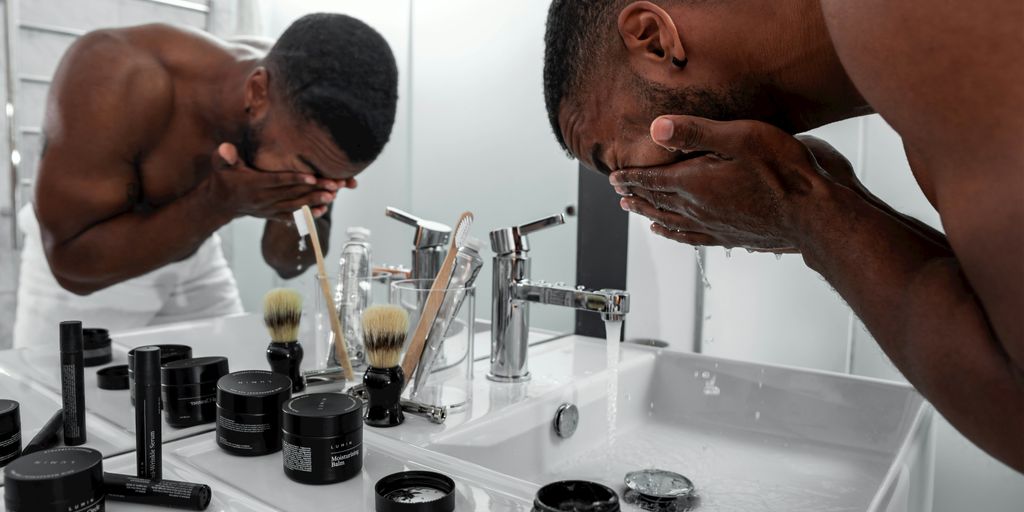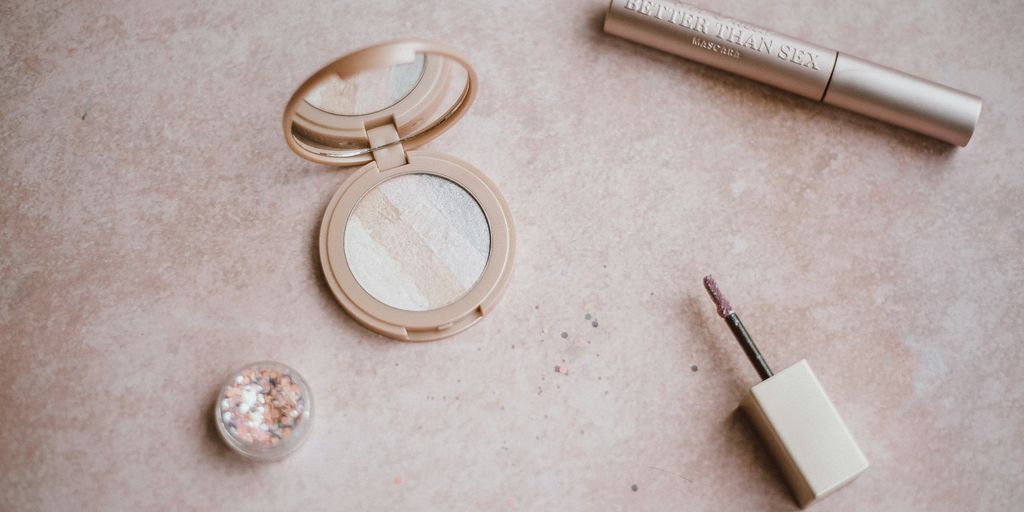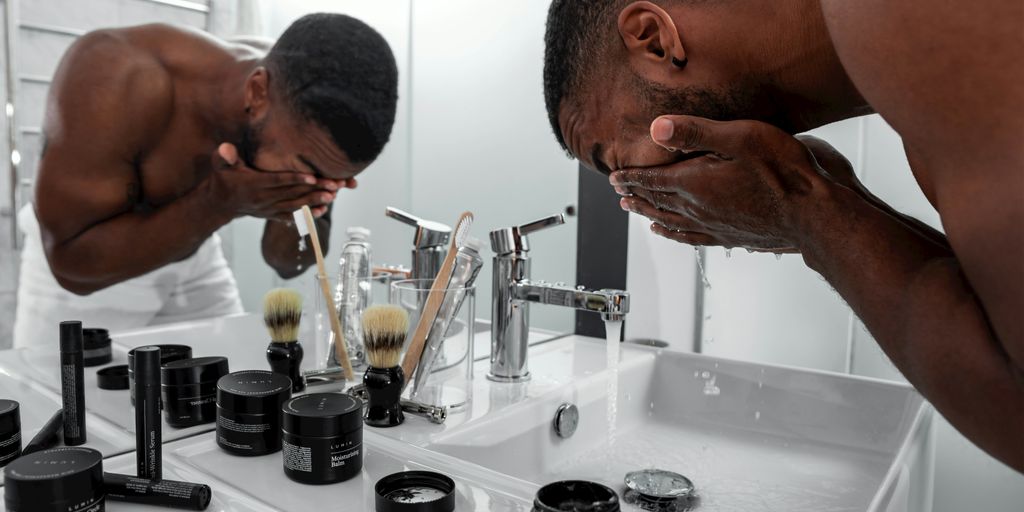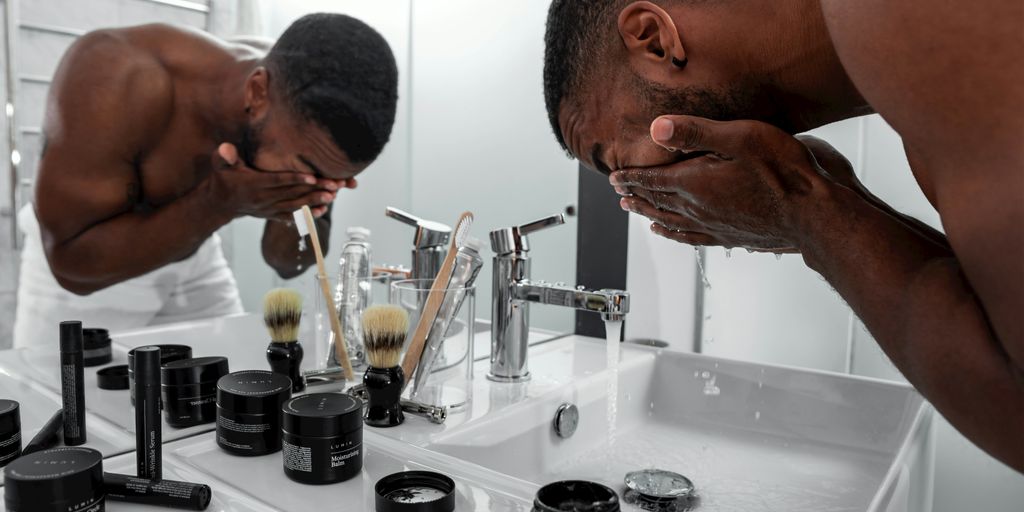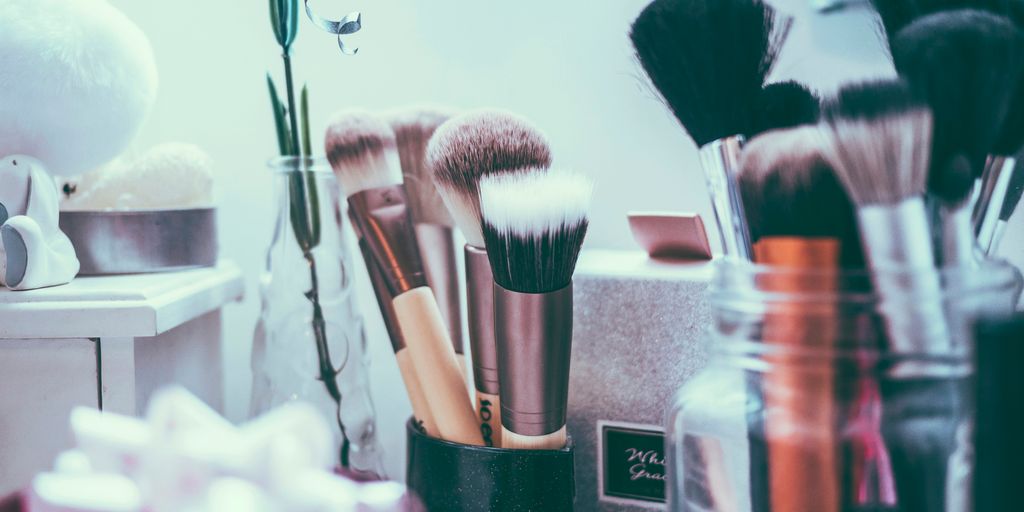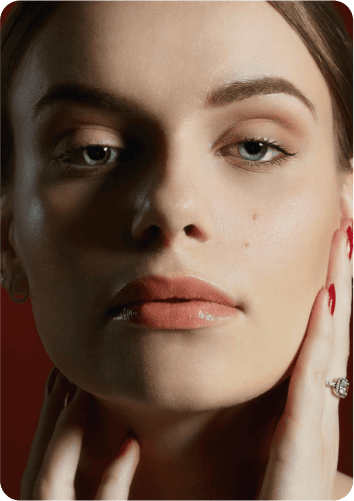As consumers become more conscious of their purchases, the question “Is Sephora cruelty free?” has gained traction. With an increasing focus on ethical beauty, it’s essential to understand what cruelty-free really means and how it applies to major retailers like Sephora. In this article, we’ll explore Sephora’s policies, the ingredients they use, and how they stack up against other brands in the beauty industry.
Key Takeaways
- Sephora’s cruelty-free status remains complex and often debated.
- Understanding what cruelty-free means is key to making informed choices.
- Consumer demand is pushing brands to adopt more ethical practices.
- Legislation is evolving to regulate animal testing in cosmetics.
- There are many cruelty-free alternatives available for conscious shoppers.
Understanding Cruelty-Free Definitions
What Does Cruelty-Free Mean?
Okay, so what does "cruelty-free" actually mean? It’s a term we see thrown around a lot, but it’s important to understand what it signifies. Generally, it means that a product and its ingredients weren’t tested on animals at any stage of development. However, the devil is in the details. There’s no single, universally enforced definition, which can lead to some confusion. Some companies might claim cruelty-free status because they don’t test the final product on animals, but their suppliers might still conduct animal testing on the ingredients. It’s a bit of a gray area, and that’s why it’s important to dig a little deeper.
The Importance of Certification
To cut through the confusion, look for certifications from recognized organizations. These certifications act as a stamp of approval, indicating that a company has met specific cruelty-free standards. Some popular certifications include:
- Leaping Bunny
- PETA’s Beauty Without Bunnies
- Choose Cruelty Free (CCF)
These organizations have different criteria, but they all generally prohibit animal testing at all stages of product development. They also often require companies to undergo audits to ensure compliance. Having a certification provides an extra layer of assurance that a product is truly cruelty-free. It’s not a perfect system, but it’s a good starting point.
Common Misconceptions About Cruelty-Free Claims
There are a few common misunderstandings about what cruelty-free really means. One big one is that cruelty-free automatically equals vegan. Cruelty-free only addresses animal testing, while vegan means the product also doesn’t contain any animal-derived ingredients. A product can be cruelty-free but still contain things like beeswax or honey. Another misconception is that if a product is made in a country that doesn’t require animal testing, it’s automatically cruelty-free. That’s not necessarily true, because the ingredients could still have been tested on animals elsewhere. It’s important to be aware of these nuances and do your research to make informed choices.
It’s easy to get lost in the details, but remember that supporting cruelty-free brands is about making a conscious choice to reduce animal suffering. By understanding what the term really means and looking for reliable certifications, you can make a real difference.
Sephora’s Animal Testing Policies
Official Stance on Animal Testing
Sephora’s official stance on animal testing has been a bit of a moving target. It’s not always super clear-cut, and it can be hard to keep up with the changes. Generally, they state that they require their private label brands to not conduct animal testing. However, the waters get muddier when you consider the other brands they carry. It’s important to remember that Sephora is a retailer, and they stock products from many different companies, each with its own policies.
Recent Changes in Policies
There have been some changes recently, and it’s worth paying attention to them. The Modernization of Cosmetics Regulation Act has definitely had an impact.
- More transparency is expected.
- Brands are under more pressure to be cruelty-free.
- Consumers are more aware and vocal about animal testing.
It’s a good idea to check for updates on Sephora’s website and with individual brands to stay informed. Policies can change, and what was true last year might not be true today.
Comparison with Other Retailers
When you compare Sephora to other retailers, you see a range of approaches. Some retailers have adopted stricter cruelty-free policies, while others are less transparent. Here’s a quick look:
- Some retailers only carry certified cruelty-free brands.
- Others have a clear, public commitment to ending animal testing.
- Sephora falls somewhere in the middle, with a mix of brands and policies.
It’s up to each consumer to decide what they’re comfortable with and to do their research before making a purchase.
Ingredients and Sourcing Practices

Animal-Derived Ingredients in Cosmetics
It’s easy to assume that if a product is cruelty-free, it’s also vegan, but that’s not always the case. Many cosmetics still contain ingredients sourced from animals. Things like beeswax, lanolin (from sheep’s wool), carmine (a red dye from insects), and even snail mucin are surprisingly common. These ingredients raise ethical questions, even if the final product isn’t tested on animals. Are the animals treated well? Is the sourcing sustainable? These are important questions to ask.
The Impact of Ingredient Sourcing
Where ingredients come from matters a lot. Take beef tallow, for example, which has made a weird comeback in skincare. Where does that fat come from? Is it a byproduct of the meat industry? Is it organic? Is it grass-fed? These terms are often vague and not well-regulated. It’s hard to know if the claims are true.
It’s important to remember that just because something comes from an animal doesn’t automatically make it "clean" or "natural." The sourcing process can have a significant impact on the environment and animal welfare.
Transparency in Ingredient Lists
One of the biggest challenges for consumers is understanding what’s actually in their products. Ingredient lists can be long and full of complicated names. It’s not always clear where those ingredients come from or how they’re processed.
- Brands should be more transparent about their sourcing practices.
- Consumers should demand more information.
- Third-party certifications can help verify claims.
Ultimately, it’s up to us to push for greater transparency and accountability in the beauty industry.
Consumer Demand for Ethical Products
The Rise of Ethical Consumerism
More and more, people are thinking about where their money goes. It’s not just about getting the cheapest deal anymore. Ethical consumerism is on the rise, and it’s changing how companies do business. People want to buy from brands that share their values, whether it’s about fair labor practices, environmental protection, or, in our case, animal welfare. This shift is powerful because it directly impacts a company’s bottom line.
How Consumers Influence Brand Practices
Consumers have more power than they think. Social media has amplified voices, making it easier to call out unethical practices and support brands doing good. Boycotts, petitions, and even just leaving reviews can push companies to change. If enough people demand cruelty-free products, companies will listen. It’s all about supply and demand, and consumers are increasingly demanding ethical options.
Trends in Cruelty-Free Beauty
Cruelty-free beauty is definitely trending. You see it everywhere, from dedicated sections in stores to influencers promoting their favorite vegan brands. People are actively seeking out products that are not tested on animals, and they’re willing to pay a bit more for that peace of mind.
It’s not just a niche market anymore; it’s becoming mainstream. This trend is fueled by greater awareness, better access to information, and a growing desire to make compassionate choices. The future of beauty is definitely cruelty-free.
Here are some trends we’re seeing:
- Increased demand for vegan cosmetics
- More brands getting certified by organizations like Leaping Bunny
- Greater transparency in ingredient lists
- Growing popularity of DIY beauty recipes
The Role of Legislation in Cruelty-Free Claims
Overview of Current Regulations
Right now, the rules around what companies can claim about being "cruelty-free" are kind of all over the place. There isn’t one single, worldwide standard. Some countries have banned animal testing for cosmetics, which is great! But even then, the enforcement can vary a lot. It’s a bit of a patchwork, honestly. This makes it tricky for consumers to really know what they’re buying and whether a product truly aligns with their values. It also makes it hard for brands to navigate the different requirements in different markets.
Impact of the Modernization of Cosmetics Regulation Act
Okay, so the Modernization of Cosmetics Regulation Act (MoCRA) was a big deal when it passed. It was supposed to give the FDA more power to oversee cosmetics safety, which could have included animal testing. But, like with any law, the actual impact depends on how it’s implemented and enforced. There were some concerns about potential delays, especially with changes happening at the FDA. It’s still too early to say exactly how MoCRA will change things, but it definitely has the potential to push the industry towards more ethical practices.
Future of Animal Testing Laws
What’s next for animal testing laws? Well, hopefully, we’ll see more countries banning animal testing altogether. And maybe even some international agreements to create a level playing field.
It’s not just about laws, though. It’s also about developing and using alternative testing methods that are just as effective, if not more so, than animal testing. Things like in vitro testing and computer modeling are becoming more advanced, and they offer a promising path forward. Ultimately, the goal is to make animal testing a thing of the past.
Evaluating Sephora’s Product Range
Identifying Cruelty-Free Brands at Sephora
Sephora carries a wide variety of brands, and figuring out which ones are truly cruelty-free can feel like a chore. It’s important to look beyond marketing claims and check for third-party certifications. Many brands may claim they don’t test on animals, but this might only apply to the finished product, not the individual ingredients. Look for certifications from organizations like Leaping Bunny or PETA. Also, be aware that a brand might be cruelty-free itself, but its parent company might not be. It’s a complex web, so doing your research is key.
Popular Products and Their Ingredients
Let’s take a look at some popular products sold at Sephora and what goes into them. It’s not always obvious what ingredients are animal-derived. For example, carmine (a red pigment) comes from crushed bugs, and some moisturizers contain collagen sourced from animal hides. Even seemingly harmless ingredients like certain fatty acids can be animal-derived. Here’s a quick look at some common ingredients to watch out for:
- Carmine
- Collagen
- Keratin
- Beeswax
It’s easy to get caught up in the pursuit of beauty, but it’s important to consider the ethical implications of the products we use. Many cosmetics rely on animal-derived ingredients or animal testing, and it’s up to us as consumers to make informed choices.
Customer Reviews and Feedback
Customer reviews can be a goldmine of information when evaluating a product’s cruelty-free status. While not always definitive, reviews can point out potential issues or inconsistencies in a brand’s claims. Pay attention to comments about ingredient lists, potential animal-derived ingredients that aren’t clearly labeled, or experiences with the brand’s customer service regarding their cruelty-free policies. Remember that individual experiences can vary, but a pattern of concerns can be a red flag. Also, keep in mind that some people may have different definitions of what constitutes "cruelty-free," so it’s important to do your own research and come to your own conclusions.
Alternatives to Sephora’s Offerings
Other Retailers with Strong Cruelty-Free Policies
If you’re looking to move away from Sephora but still want a wide selection of beauty products, several retailers are making a real effort to stock cruelty-free brands. Ulta Beauty, for example, has increased its cruelty-free options significantly in recent years. Credo Beauty is another great choice; they focus exclusively on brands that meet strict standards for ethical and sustainable practices. Even some department stores, like Nordstrom, are starting to carry more cruelty-free lines. It’s worth checking out smaller, independent beauty shops in your area too, as they often prioritize ethical brands.
Emerging Brands in the Cruelty-Free Space
So many new and exciting cruelty-free brands are popping up all the time! These brands are often founded on strong ethical principles and are committed to using sustainable ingredients and packaging. Keep an eye out for brands like:
- Axiology Beauty: Known for their zero-waste lipsticks.
- Pacifica: Offers a wide range of affordable and vegan products.
- ILIA Beauty: Focuses on clean, skin-loving ingredients.
These brands are often available online or in smaller boutiques, offering a refreshing alternative to the mainstream beauty market.
DIY Beauty Solutions
For the truly dedicated, making your own beauty products is a fantastic way to ensure everything you’re using is cruelty-free and tailored to your specific needs. It might sound intimidating, but there are tons of simple recipes online for things like face masks, scrubs, and even basic makeup. Plus, you have complete control over the ingredients, so you can avoid any potential allergens or irritants. It’s a fun and rewarding way to connect with your beauty routine and reduce your environmental impact.
Making your own beauty products can be a really empowering experience. It allows you to understand exactly what you’re putting on your skin and to create products that are perfectly suited to your individual needs. It’s also a great way to reduce waste and save money in the long run.
If you’re looking for other places to shop besides Sephora, there are many great options out there. You can find eco-friendly beauty products, skincare, and makeup at stores that focus on natural ingredients. These alternatives often offer better prices and a wider range of products that are good for the environment. Check out our website for more tips on where to find the best beauty products that suit your needs!
Final Thoughts on Sephora’s Cruelty-Free Status
In the end, figuring out if Sephora is truly cruelty-free is a bit of a mixed bag. While they do have some products that don’t involve animal testing, the reality is more complicated. Many brands sold at Sephora still rely on animal-derived ingredients or test on animals in certain markets. It’s important for us as consumers to stay informed and ask questions about what we’re putting on our skin. If you care about animal welfare, it might be worth looking beyond just the label and doing some research on the brands you love. Every small step counts, and together, we can push for a more ethical beauty industry.
Frequently Asked Questions
What does it mean for a product to be cruelty-free?
Cruelty-free means that the product was not tested on animals at any stage of its development.
Does Sephora have a cruelty-free policy?
Sephora claims to have a cruelty-free policy, but it’s important to check the specific brands they carry.
Are all the brands at Sephora cruelty-free?
Not all brands sold at Sephora are cruelty-free. Some may still test on animals, so it’s good to research individual brands.
What are some common animal-derived ingredients in cosmetics?
Common animal-derived ingredients include collagen, keratin, and carmine, which can come from animal parts.
How can I find out if a product is truly cruelty-free?
Look for certifications from organizations that verify cruelty-free claims, or check the brand’s official statements.
What should I do if I want to avoid animal products in my beauty routine?
You can choose brands that are certified cruelty-free, explore vegan options, or even try making your own beauty products.


